Nearly a Year After Deadly Protests, Kenya’s IPOA Has Only Two Cases in Court
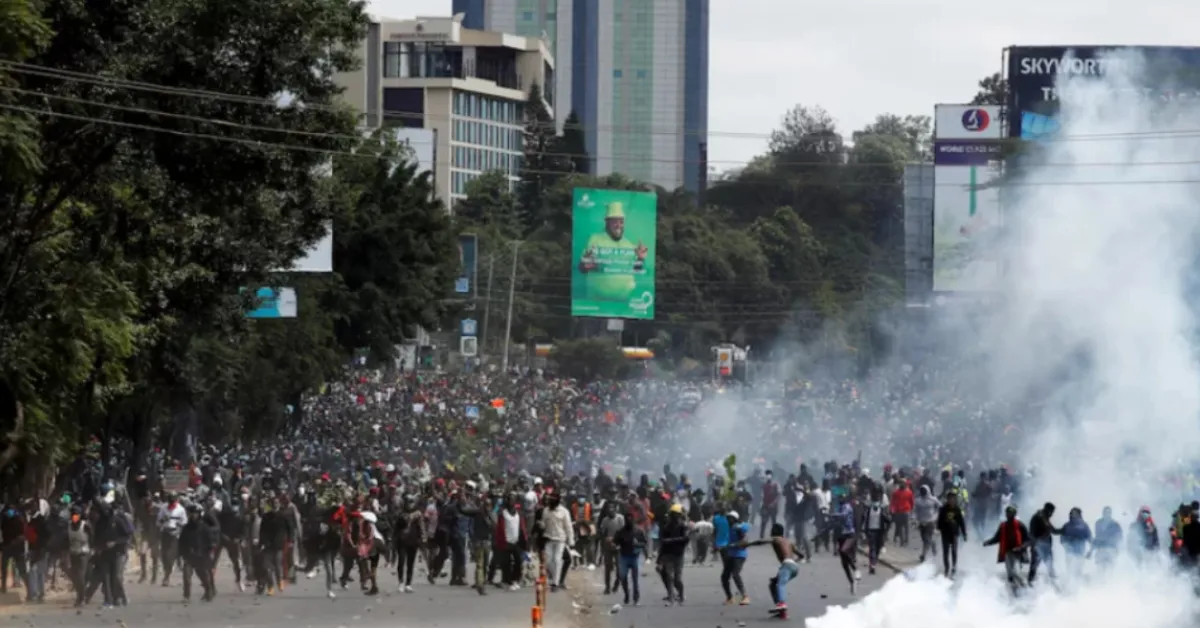
Nearly a year after anti-government demonstrations in Kenya resulted in at least 60 deaths, the Independent Policing and Oversight Authority (IPOA) is facing increased scrutiny due to the slow pace of its investigations into alleged police misconduct during the unrest.
As of now, only two cases have reached the courts, raising concerns about the effectiveness of Kenya's mechanisms for ensuring police accountability. The protests, triggered by widespread opposition to the Finance Bill of 2024, which proposed several controversial tax increases, saw demonstrators clash with security forces, culminating in a violent confrontation near Parliament Buildings on June 25, 2024. On that day alone, nine individuals lost their lives within the vicinity of the Parliament.
According to IPOA, six of these deaths were caused by gunshot wounds, while the remaining three were attributed to blunt force trauma. The authority has classified these cases as "matters under active investigations," underscoring the ongoing efforts to determine the circumstances surrounding each fatality. Among the deceased were Erickson Kyalo, David Chege, Beasley Kogi, and others whose deaths have become symbolic of the protests' tragic consequences.
Nationwide, IPOA has recorded a total of 60 fatalities stemming from the demonstrations. Of these, 22 investigations have been finalised, 36 remain active, and only two have progressed to court proceedings. The slow progress has been attributed to systemic barriers that hinder investigations, including non-cooperation from police officers and witnesses. The two cases currently before the courts involve the deaths of Rex Masai and Evans Kiratu, both of whom were killed in Nairobi's city centre. The case of Rex Masai, who was the first protester to be shot during the demonstrations, has garnered significant public attention.
Testimony from police officers, including Isaiah Muraguri, who is alleged to have been involved, and former Nairobi Police Commander Adamson Bungei, has been presented during the ongoing inquest into Masai's killing. However, the majority of victims remain mired in investigative uncertainty. IPOA is currently examining the circumstances surrounding the deaths of Brian Kimathi, Ryan Mwenda, Abdikadir Saadia, and numerous others who perished during the protests. Additionally, the agency has acknowledged that progress in some cases has been hampered by insufficient evidence or directives from the Director of Public Prosecutions (DPP).
While some investigations are in the final stages of report writing, others are awaiting further legal determination. A select number of cases, including those of Tillen Odhiambo, Andrew Mwawasi, Emmanuel Tata, and Anthony Mwangi, have been forwarded to the DPP for review, while others have been closed entirely. In addition to the fatalities, IPOA has reported 233 cases of injuries sustained during the demonstrations. Of these, 191 cases remain under active investigation. Internal reviews have led to the closure of 42 injury cases, while two have been escalated to the DPP.
Despite its mandated role to investigate police misconduct, inspect police facilities, and ensure compliance with constitutional standards, the slow pace of IPOA's investigations raises questions about the efficacy of Kenya’s oversight mechanisms. Compounding these concerns, the government's efforts to suppress media coverage of the protests, including alleged pressure on the BBC to shelve a documentary on the Parliament killings, have further fueled public frustration and distrust.


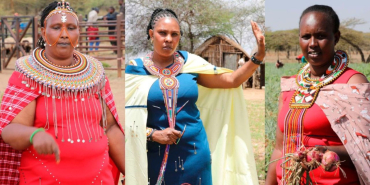
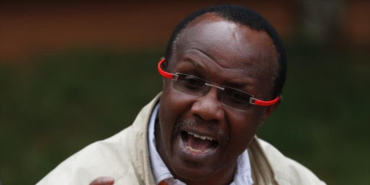
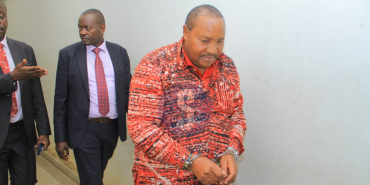
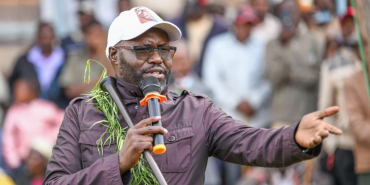
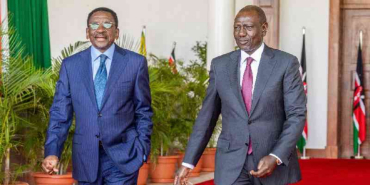

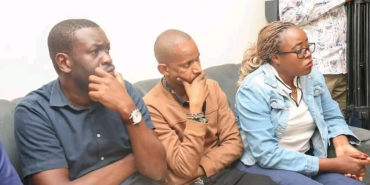





Add new comment